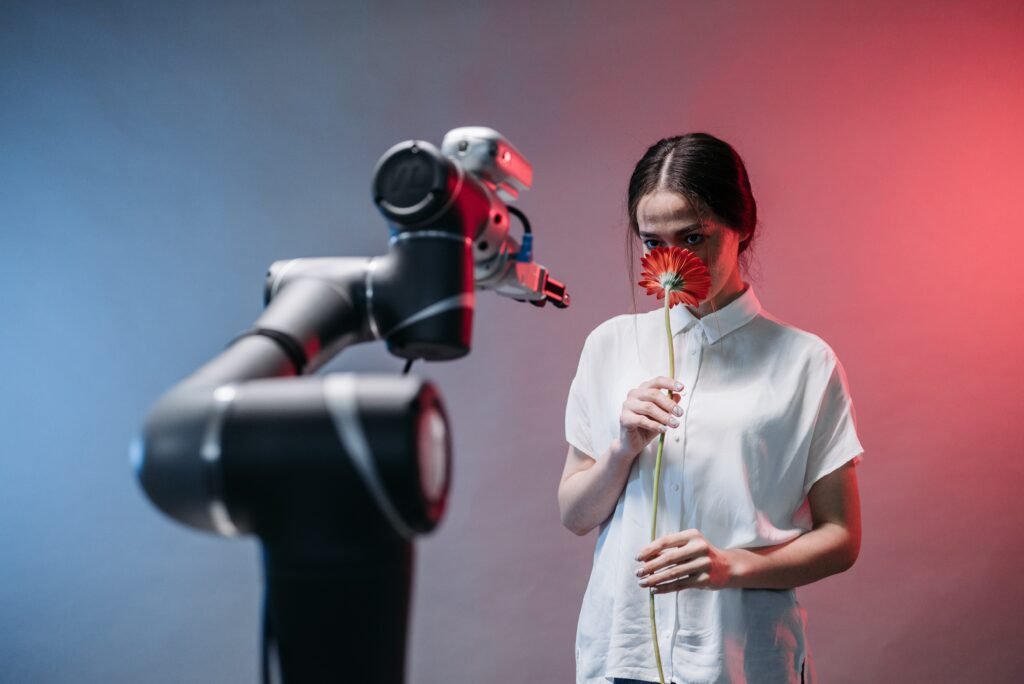
Influencer marketing has emerged as a powerful tool for brands to engage with their target audience and increase brand awareness. With the rise of social media platforms and the democratization of content creation, anyone can become an influencer with a significant following. However, as the market becomes more saturated, the use of artificial intelligence (AI) in influencer marketing is becoming increasingly prevalent. In this article, we will explore how AI is affecting influencers and the challenges that arise from this.
AI algorithms are now being used to determine the authenticity and effectiveness of an influencer’s content. Brands can use AI-powered platforms to analyze an influencer’s engagement rate, reach, and audience demographics to determine whether they are a good fit for a particular campaign. This means that influencers who have genuine following and high engagement rates are more likely to be selected by brands, while those who use fake followers or bots to inflate their numbers will be weeded out.
One way AI is impacting influencers is by changing the metrics that are used to measure their success. Traditionally, influencers were measured based on their number of followers, but now engagement rates and audience demographics are becoming more important. This means that influencers need to focus on building an engaged and authentic audience rather than just increasing their follower count. They also need to ensure that their content is relevant to their audience and meets the requirements of the brand they are collaborating with.
AI is also being used to create more personalized content for audiences. By analyzing an influencer’s content and the preferences of their audience, AI algorithms can suggest content ideas and even create content that is tailored to individual users. This means that influencers can create content that is more likely to resonate with their audience, leading to higher engagement rates and more successful campaigns.
However, there are also challenges that arise from the use of AI in influencer marketing. One of the main challenges is the potential for bias in AI algorithms. If the data used to train the algorithm is biased, then the algorithm itself will be biased. This could lead to certain influencers being favored over others based on factors such as race, gender, or location. It’s important for brands and platforms to ensure that their algorithms are free from bias and are transparent in how they make decisions.
Another challenge is the potential for fraud and manipulation. While AI can help detect fake followers and engagement, it can also be used to create fake content or manipulate engagement rates. This can be especially problematic in the case of deepfake technology, which can create highly realistic videos of people saying or doing things they never did. It’s important for brands and platforms to stay vigilant and use a combination of AI and human oversight to detect and prevent fraud.
The use of AI in influencer marketing is both a blessing and a curse. On one hand, it can help brands and influencers create more personalized and effective content, while on the other hand, it presents challenges such as bias and fraud. As the use of AI in influencer marketing continues to grow, it’s important for brands and platforms to stay aware of these challenges and work to address them. By doing so, they can ensure that influencer marketing remains a powerful tool for engaging with audiences and building brand awareness.








